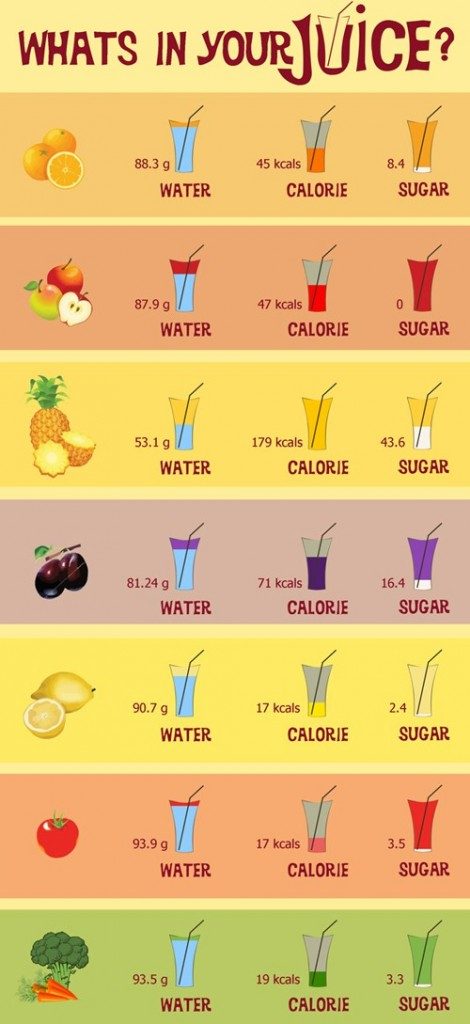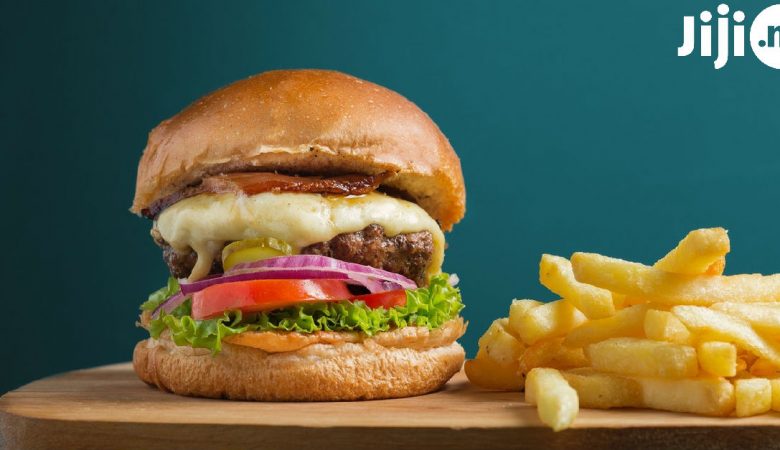Some people believe that packed drinks are unnatural and unhealthy. We found out how the modern juices are produced and left very pleased. Read the article in order to say “Goodbye” to the wrong belief about packed nectars and juices.
Juices are as important for our healthy lifestyle as the fresh air and daily exercises. When coming onto a shop we see a lot of juices: orange, apple, peach, tomato and some other juices in nice packs. But sometimes there appear doubts: are these juices or nectars natural? How are they produced? Do they contain any useful elements?
We are going to tell you about the most widespread myths which are only the combination of untrue ideas and are not worth believing.
Myth 1. Juices sold I shops are unnatural because they are produced at the plants
If we pick an apple and squeeze some juice out of it, we believe that our drink is 100% natural. However, when the same action is done at the plant, its naturalness becomes doubtful. The reason is that people do not actually know how juices are produced.
The juice production history accounts many tens of years and is closely connected with the technological advances. Every time when the science makes a step ahead, the manufacturers improve their methods of fruit processing and juice storing. Juices and nectarines which are produced today are very tasty and aromatic, as well as they do not lose their useful properties.
Imagine that you are walking in the splendid apple garden or along the orange alleys. Such places are common for growing various fruits where they are become juicy (in Brasilia, Chile, Russia, China, etc.)
The most ripe and nice fruits are carefully picked and thoroughly washed.
The picked fruits are cut very small and with the help of a special press squeeze them out – to the last drop. Some water is evaporated from the fresh juice – it results in nice fruit puree (or concentrated juice).
Why do we need to evaporate water? In such form this juice is easier to transport. Juice is travelling from the place of its gathering to the plant-manufacturer in some special hermetic cooled containers by ship and then by car.
At the plant the concentrated juice is renewed to its original condition: some water is added. All the processes are automated and its quality is always under control of independent international auditors. After that all the air bulbs are removed from the renewed juice and it is carefully pasteurized at 85 °?. The thermal processing is performed during 30 seconds. It allows saving useful properties.
The last stage before sending the juice to the supermarkets is packing. It is performed in completely sterile conditions. Juice is pouring into aseptic carton packs that keep the drink for long without preservatives.
Myth 2. Packed juices contain lots of preservatives, that is why they can be kept for long
Many people think that juices are full of harmful preservatives when they see the long storage life on its pack. However, the manufacturers of juices and nectarines have to write the full composition (including all the harmful elements) and are restricted to add some other ingredients than those indicating on the pack.
The aseptic pack is one of the things solving this problem. It helps keep useful properties (for nearly 1 year) without cooling and adding preservatives.
The aseptic pack is made-up of 6 layers:
- The inner polyethylene layer that provides hermiticity.
- The connective polyethylene layer performing the conjunctive function between the first and the next layers.
- Aluminic foil which prevents the drinks against light, air and strange smells.
- The connective polyethylene layer.
- Carton that gives the pack a form and solidity.
- The outer polyethylene layer to keep the pack from moisture.
Thus, a closed juice pack does not need even to be kept in the fridge.
Myth 3. There is no use in packed juices
The World Health Organization recommends consuming not less than 5 portions (about 400 gr) of fruits and vegetables every day. 1-2 portions can be successfully substituted for the packed juice: the amount of useful substances is almost the same as in the fresh fruits and vegetables. The serious manufacturers lay their accent on naturalness: they prefer only careful pasteurization, only aseptic carton pack and no preservatives, colouring agents and sweetenings. Remember that when the concentrated juice is delivered to the plant, only water is added!
The packed juices and nectarines like fruits and vegetables are rich in vitamins (A, B1, B2, B3, B6, B12, C), minerals (Ca, Mg, Fe, Zn, Mn) and antioxidants.
Oranges and orange juice is a source of vitamin C (a shield for our organism) and flavanoids (together with the ascorbic acid they improve our blood properties). Tomato and tomato juice are rich in lycopene – an antioxidant that helps struggle with free radicals. Apples and apple juice except of vitamins contain macro elements. For instance, potassium (supports our pressure) and magnesium (strengthens our nervous system).
As you see, most fears about the damaging nature of the packed juices and nectarines are only myths. The technologies of their production are pretty simple and understandable. And if they are not broken and the juice is packed in a correct way, this drink will keep its taste, freshness and use for long. Packed juice is a perfect alternative for those who want to be healthy but have no time for cooking a fresh.

















